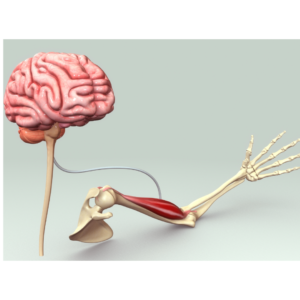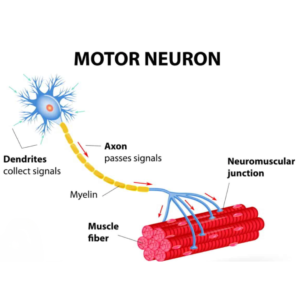Proprioceptors
The mind-muscle connection is a critical concept in bodybuilding and fitness training. It refers to the ability to focus on and engage specific muscles during exercise, enhancing muscle activation and growth. Recent research has highlighted the role of proprioceptors in improving this connection and increasing muscle tension during workouts.

What Are Proprioceptors?
Proprioceptors are specialized sensory receptors located in muscles, tendons, and joints. They provide the brain with information about body position, movement, and muscle tension. These receptors play a crucial role in coordinating movements and maintaining balance.
The main types of proprioceptors include:
Muscle Spindles: Detect changes in muscle length and speed of stretching.
Golgi Tendon Organs (GTOs): Monitor tension within the tendons.
Joint Receptors: Provide feedback on joint position and movement.
Enhancing the Mind-Muscle Connection
Proprioceptors contribute significantly to the mind-muscle connection by sending constant feedback to the brain about the state of the muscles and joints. This feedback allows for more precise control over muscle contractions during exercise. When you focus on a specific muscle group during training, you can enhance the activation of proprioceptors, leading to better muscle engagement and growth.
Increased Muscle Tension: By concentrating on the target muscle, proprioceptors help increase muscle tension, which is crucial for muscle hypertrophy. Focusing on the muscle being worked leads to a higher recruitment of motor units, resulting in greater muscle activation. Improved Coordination: Proprioceptive feedback improves neuromuscular coordination, making movements more efficient and effective. This can lead to better performance and reduced risk of injury. Enhanced Muscle Growth: The enhanced tension and coordination from a strong mind-muscle connection can lead to greater muscle growth. Research has shown that exercises performed with a focus on the target muscle result in higher levels of muscle activation and, subsequently, muscle hypertrophy.

Practical Tips for Strengthening the Mind-Muscle Connection Visualization: Before starting a set, visualize the target muscle contracting. This mental practice can enhance muscle activation. Slow and Controlled Movements: Performing exercises slowly and with control can increase proprioceptive feedback and improve the mind-muscle connection. Isolation Exercises: Focus on isolation exercises that target specific muscles to better feel and control muscle contractions. Feedback: Use mirrors or a trainer to provide visual or verbal feedback on your form and muscle engagement.